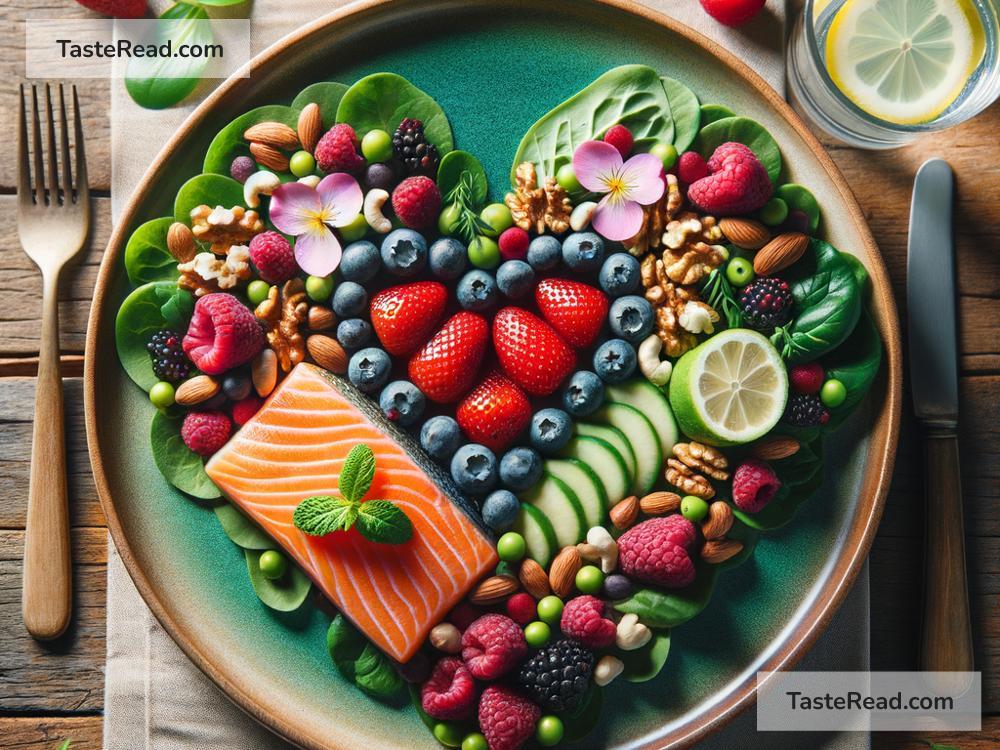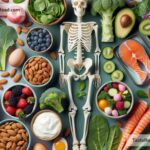The Connection Between Diet and Cardiovascular Health
Have you ever thought about how your daily food choices affect your heart? Most of us know that a healthy diet is good for our overall health, but its impact on the heart is especially important. Cardiovascular health refers to the well-being of your heart and blood vessels, and the foods you eat play a big role in keeping them strong and healthy.
We often hear advice about avoiding junk food and eating more fruits and vegetables, but let’s dive deeper into how diet directly impacts your heart and blood vessels. By understanding the connection, you can make smarter choices that not only improve your heart health but also your quality of life.
What Is Cardiovascular Disease?
Cardiovascular disease (CVD) is a term for conditions that affect the heart and blood vessels. Some examples include heart attacks, strokes, and high blood pressure. CVD occurs when the blood vessels become narrow, stiff, or blocked, often due to a buildup of fatty deposits called plaque. This process is known as atherosclerosis, and it can disrupt blood flow, making the heart work harder than it should.
Certain risk factors, including a poor diet, smoking, lack of exercise, stress, and obesity, can increase your chances of developing CVD. While genetics play a role, lifestyle habits – especially what you eat – are major contributors to heart health.
How Diet Impacts Cardiovascular Health
Your diet directly affects three main aspects of CVD risk: cholesterol levels, blood pressure, and inflammation. Here’s how certain foods can help or harm your heart:
- Cholesterol Levels
Cholesterol is a fatty substance in your blood. Not all cholesterol is bad, as your body needs good cholesterol (HDL) to function. However, when bad cholesterol (LDL) builds up, it can clog your arteries and increase your risk of heart disease. Foods high in unhealthy fats, like fried foods, fast food, and processed snacks, contribute to higher LDL cholesterol levels.
Foods that lower bad cholesterol include oats, beans, nuts, fruits, vegetables, and fatty fish like salmon. These foods are high in fiber and healthy fats, which help keep your cholesterol levels in check.
- Blood Pressure
High blood pressure forces your heart to work overtime, which can damage your blood vessels over time and lead to serious problems. Foods high in salt (like chips, canned soups, and packaged snacks) can cause your blood pressure to rise.
On the other hand, potassium-rich foods like bananas, sweet potatoes, and spinach help lower blood pressure by balancing out the negative effects of salt. These foods work to relax your blood vessels and allow blood to flow more easily.
- Inflammation
Chronic inflammation in your body contributes to damage in your arteries, making them more prone to buildup and blockages. Foods high in refined sugar (like soda and desserts) and trans fats (often found in baked goods) increase inflammation.
Anti-inflammatory foods, like berries, leafy greens, and olive oil, help reduce this risk. These foods contain antioxidants that fight harmful molecules in the body.
Heart-Friendly Foods to Include in Your Diet
Here’s a list of foods to eat regularly for good heart health:
- Vegetables: Leafy greens, broccoli, carrots, and zucchini are loaded with vitamins, minerals, and fiber.
- Fruits: Apples, berries, oranges, and avocados provide antioxidants and healthy fats.
- Whole Grains: Brown rice, quinoa, whole-grain bread, and oats have fiber that lowers cholesterol.
- Healthy Fats: Olive oil, nuts, seeds, and fatty fish like salmon help reduce bad cholesterol and inflammation.
- Legumes: Beans, lentils, and chickpeas are protein-packed and great for heart health.
At the same time, limit foods that are high in sugar, salt, saturated fats, and trans fats. These include sugary drinks, fried foods, processed meats, and pre-packaged snacks.
Practical Tips for Eating Heart-Healthy
Making better food choices doesn’t mean giving up all your favorite meals. Small changes can add up to big benefits for your heart. Here are a few tips:
-
Cook at Home: Preparing meals at home lets you control what goes into your food. Use fresh ingredients and heart-healthy cooking methods, like baking, grilling, or steaming.
-
Read Labels: Pay attention to the nutritional labels on packaged food. Aim for products low in salt, sugar, and saturated fats.
-
Swap Ingredients: Replace unhealthy ingredients with better options. For example, use olive oil instead of butter, whole-grain bread instead of white bread, and yogurt instead of cream.
-
Stay Hydrated: Drinking plenty of water is important for overall health and helps your body manage blood pressure.
-
Plan Ahead: Make a weekly grocery list and stick to it. Having healthy snacks readily available can stop you from reaching for chips or candy.
Why Change Your Diet?
The benefits of a heart-healthy diet go far beyond your cardiovascular system. Eating well can also boost your energy, improve your mood, and reduce your risk of other chronic conditions like diabetes and obesity.
By understanding the connection between diet and cardiovascular health, you’re empowered to take control of your well-being. Small changes in your food choices today can protect your heart for years to come. So the next time you sit down for a meal, remember: every bite you take is either helping or hurting your heart. Let’s make sure it’s helping!


